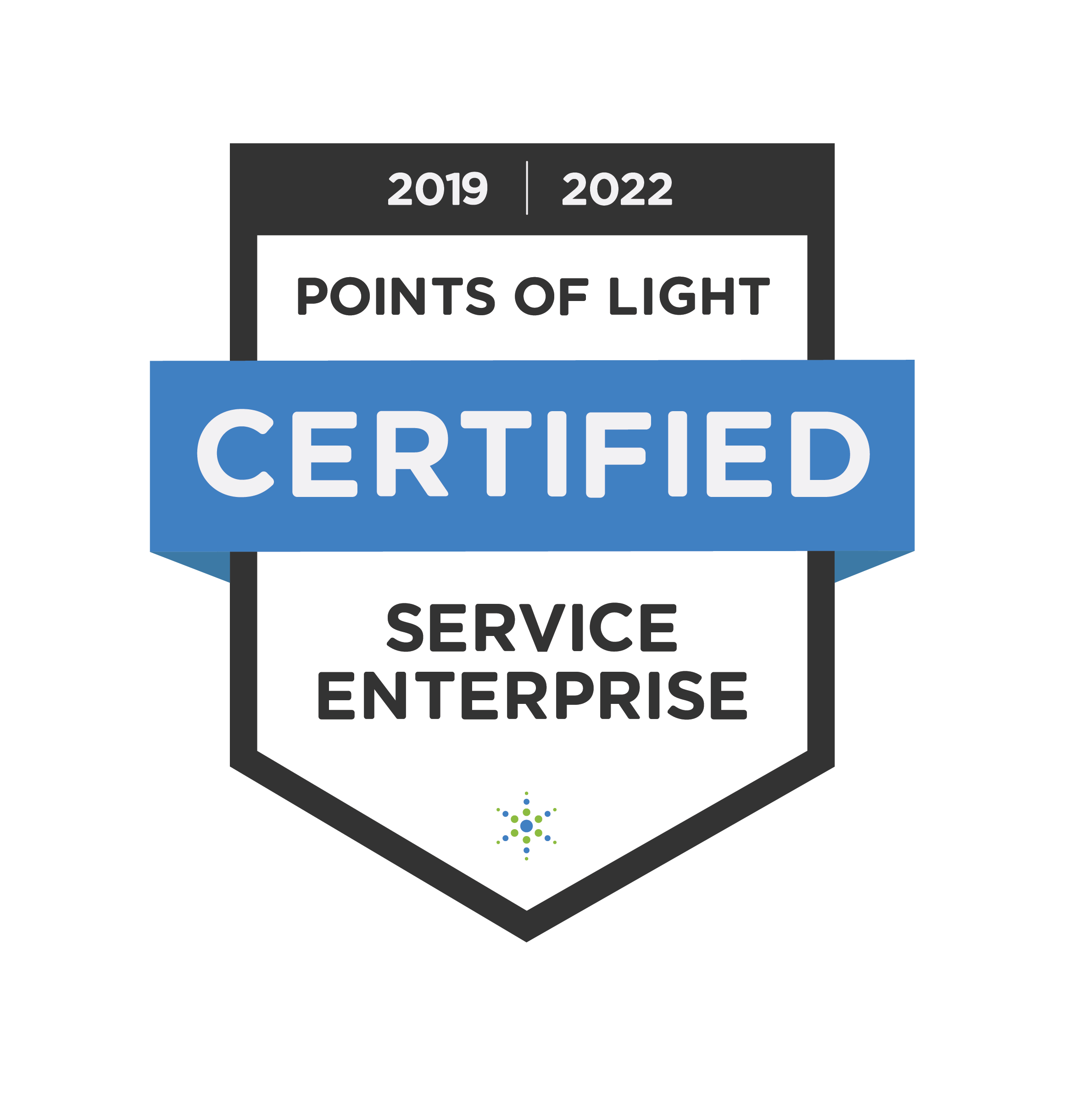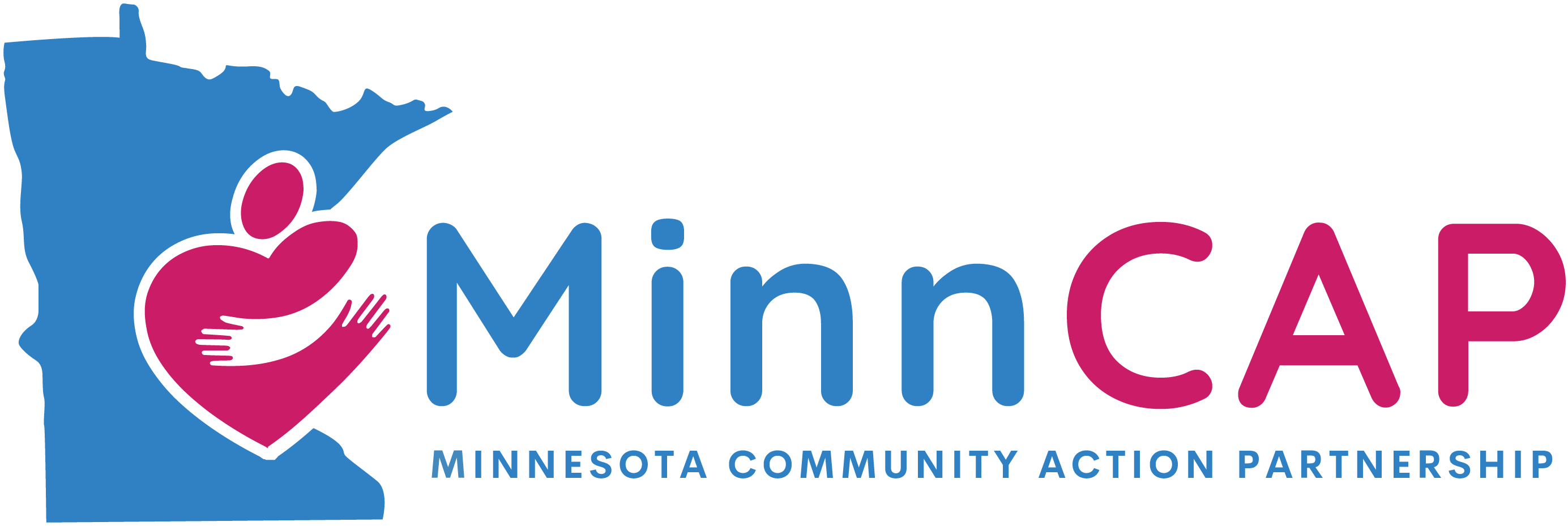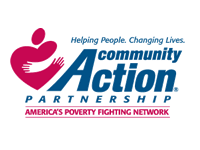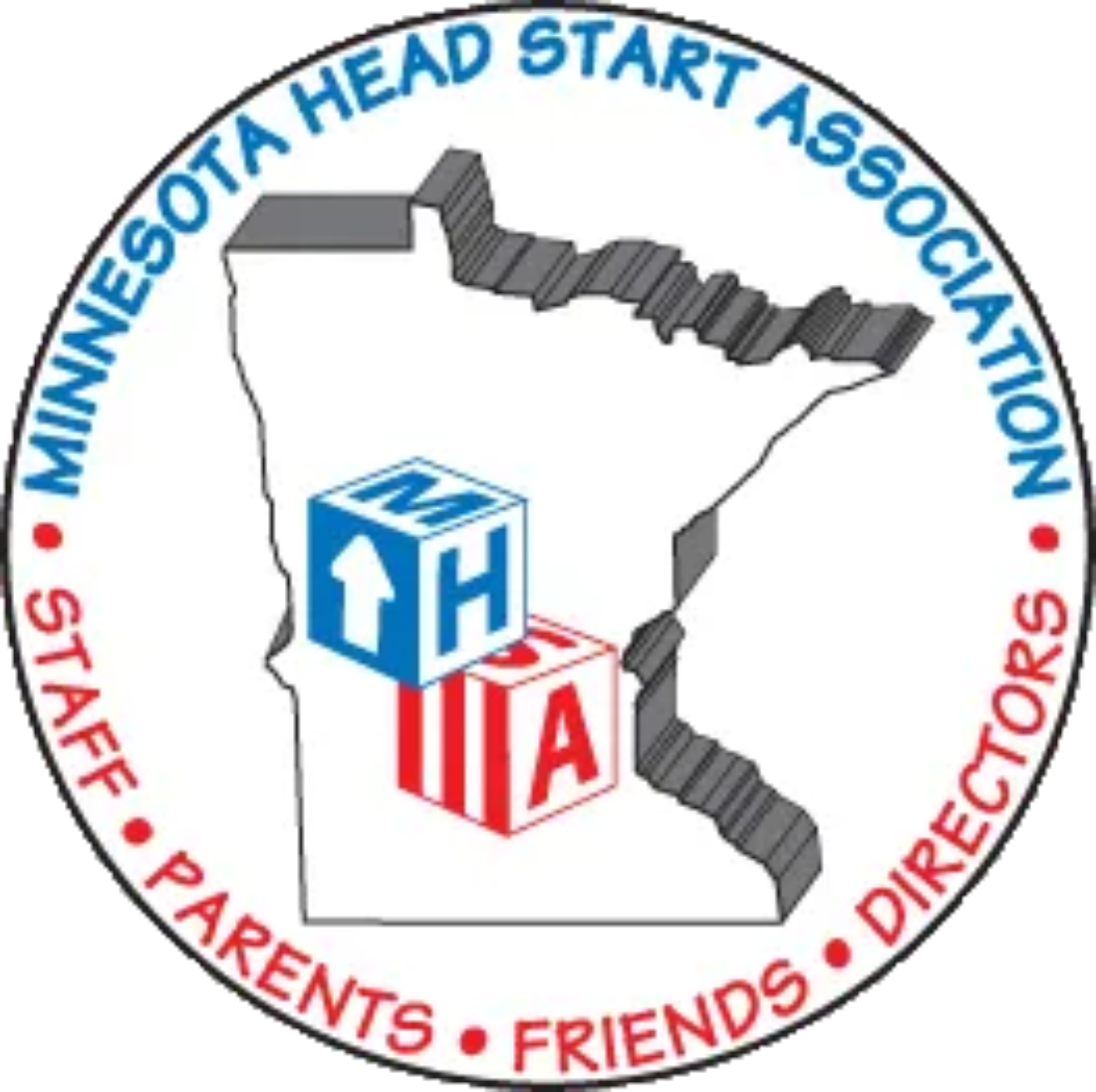Originally established in 1882, the federal “public charge” rule applies to “applicants for admission and immigrants seeking to adjust their status to that of lawful permanent residents from within the United States.”
On February 24, 2020, the United States Department of Homeland Security updated the “public charge” rule, a change that directly affects immigrants applying for either visas or green cards from within the country. This is a complicated rule and can potentially affect the immigration status of those that use government programs such as Medical Assistance (MA), the Supplemental Nutrition Assistance Program (SNAP), and the Minnesota Family Investment Program (MFIP).
The public charge rule does not apply to all immigrants, and the Minnesota Department of Human Services (DHS) is reminding immigrant communities, including newcomers, that they can access free and confidential legal assistance to determine if that public charge rule potentially affects their immigration status. These services are provided by Mid-Minnesota Legal Aid and Southern Minnesota Regional Legal Services (SMRLS), either of whom can be contacted by accessing this DHS flyer, which also includes important reminders.
“During these difficult and uncertain times,” explains the DHS, “it’s important for people to have reliable information about public assistance programs. Immigrant communities have a particular need for guidance due to fear and confusion over the federal ‘public charge’ rule,” which has kept many people from seeking support.
This flyer is also available in Hmong, Karen, Somali, and Spanish.
In light of the current COVID-19 pandemic, there has been another critically important announcement regarding the “public charge” rule. The US Citizen and Immigration Services (USCIS) has issued an official notice stating that the testing, treatment, and preventative care related to COVID-19 will not be included in public charge determinations.
Therefore, all those experiencing symptoms that resemble COVID-19 (fever, cough, shortness of breath) are encouraged to immediately seek medical treatment as the USCIS “will neither consider testing, treatment, nor preventative care (including vaccines, if a vaccine becomes available) related to COVID-19 as part of a public charge inadmissibility determination, nor as related to the public benefit condition applicable to certain nonimmigrants seeking an extension of stay or change of status, even if such treatment is provided or paid for by one or more public benefits, as defined in the rule (e.g. federally funded Medicaid).”
And, once again, to consult and attorney for free and confidential assistance, please call Mid-Minnesota Legal Aid at 800-292-4150 or SMRLS at 888-575-2954.









